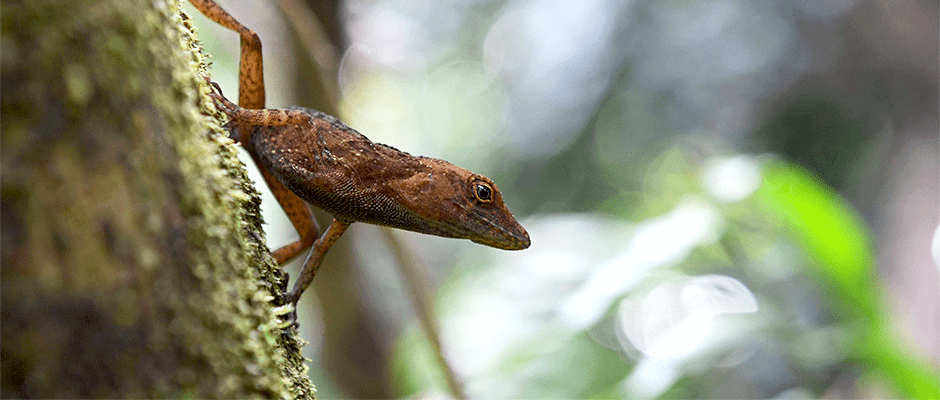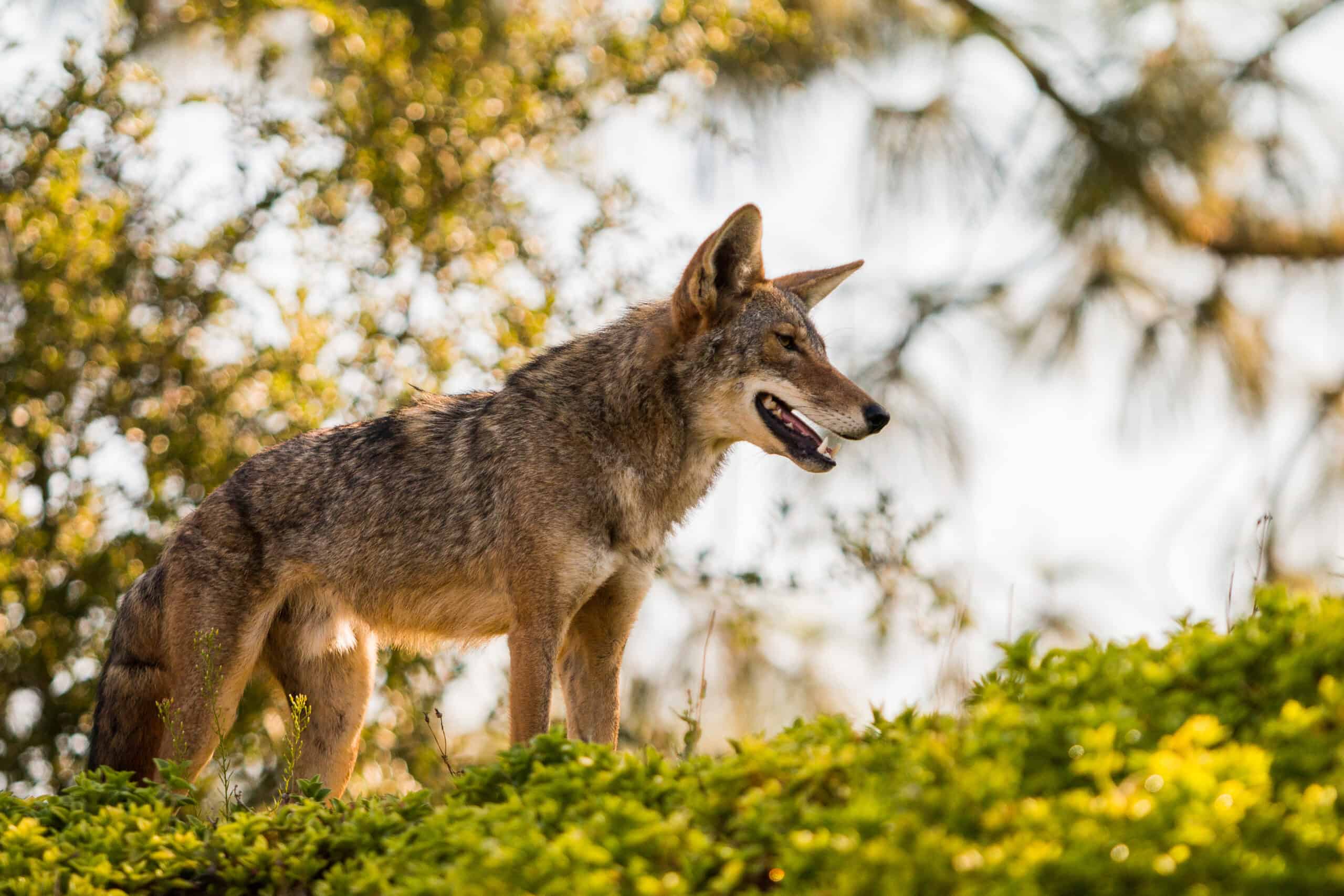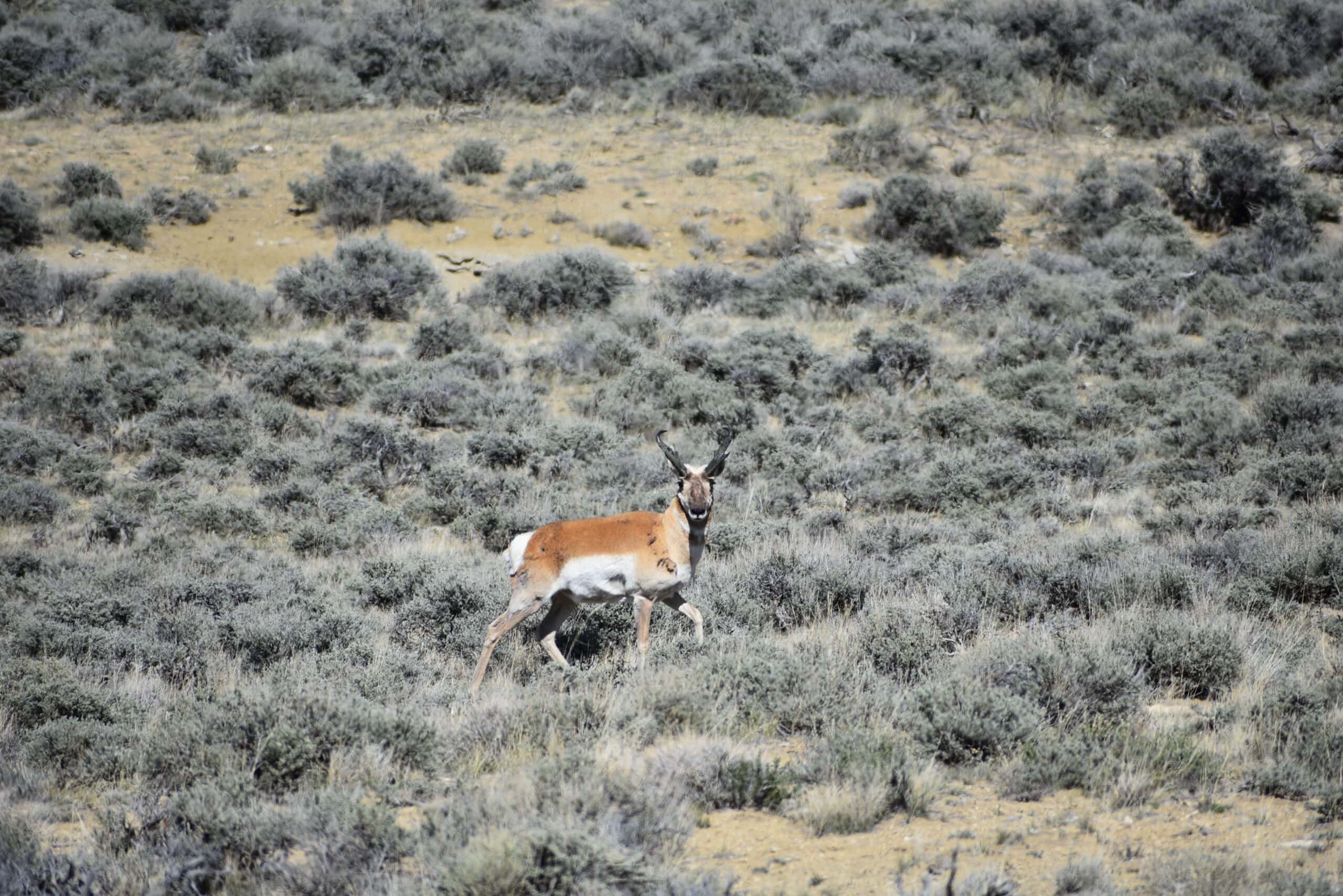Share this article
In warming Puerto Rico, insects plummet, impacting food web
Northeastern Puerto Rico’s insects, millipedes and sowbugs have declined exponentially as rainforest temperatures have increased, a recent study found. Researchers say a 2-degree Celsius increase since the mid-1970s has affected tropical forests more than had originally been anticipated. Their study looked at the Luquillo rainforest, which experienced at least a 2-degree temperature increase between 1976 and 2013. They found a 60-fold decline in arthropods and invertebrates, accompanied by a drop in the lizards, birds and frogs that consume them. The authors say the results show climate warming is the main driver in arthropod declines in the Luquillo rainforest, which can cascade and impact the entire food web.
Read the study in Proceedings of the National Academy of Sciences.
Header Image: Insect-eating species such as anoles (Anolis gundlachi) in Puerto Rico are facing declines as a result of plummeting insect populations. ©Geoff Gallice








